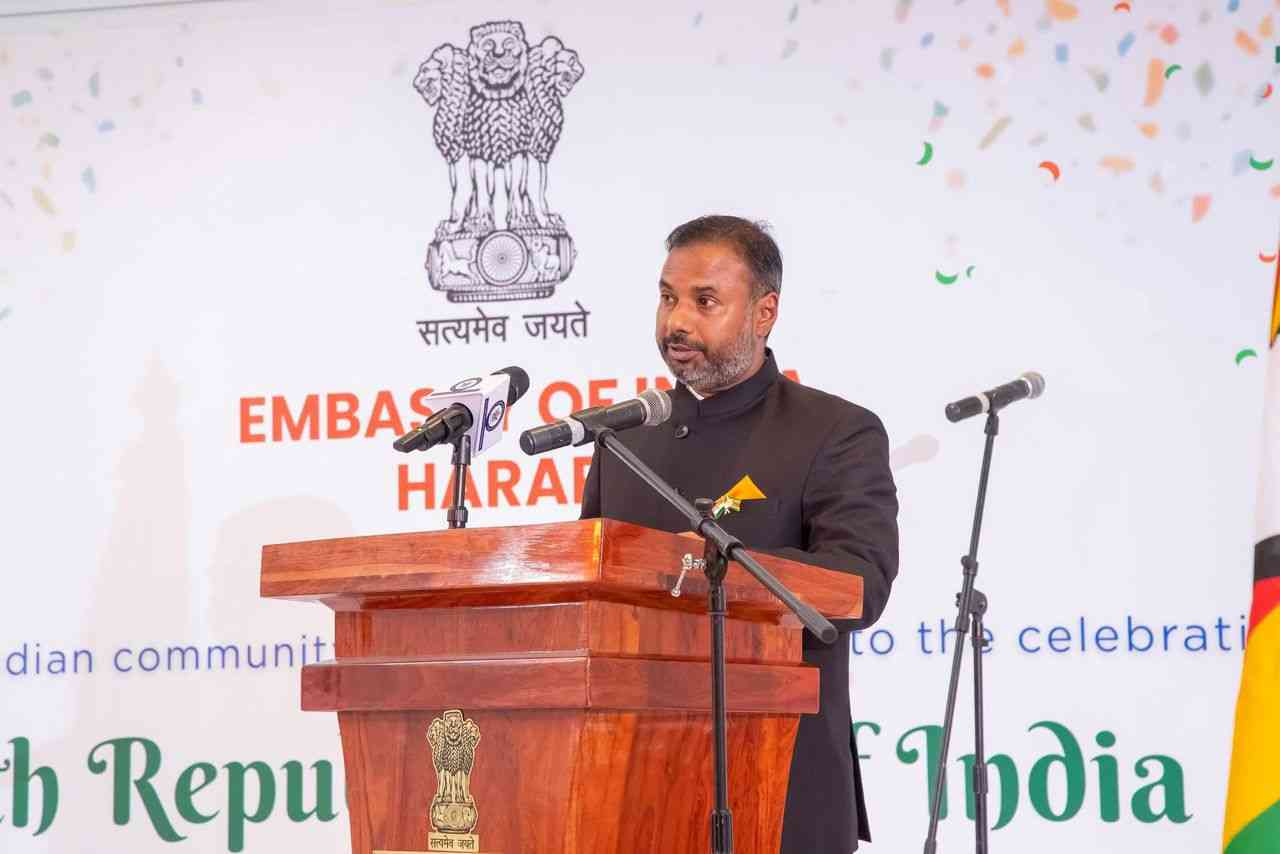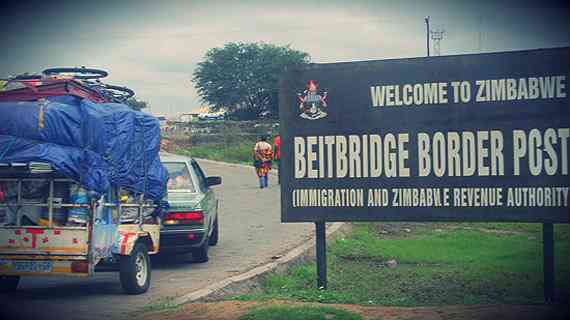
In the wake of the fall of former President Robert Mugabe, his succesor Emmerson Mnangagwa promised life anew.
But, as has been seen in the last five years, the Zanu PF administration has continued to promise without delivery and chosen to retain its power at the expense of the rights of Zimbabwean citizens.
As the general elections scheduled for either July or August draw closer, we are seeing concerted efforts by the administration to consolidate power. The Zimbabwe Electoral Commission is packed with former military members who have failed countless times to demonstrate their separation from and objectivity towards the State.
In June 2021, Harare Metropolitan Affairs and Devolution secretary Tafadzwa Muguti issued an order to NGOs to submit their strategic and organisational plans to him for approval. The police were instructed to arrest any NGOs that refused and threaten them with permanent banning if they did not comply. Zimbabwean civil society challenged the order at the High Court in September of that year.
Two months later, the Zimbabwean government published the Private Voluntary Organisations (PVOs) Amendment Bill in the Government Gazette. The Bill was met with a major backlash from civil society as it outlined the ways in which the government intended to curtail the freedoms of association, assembly and expression of NGOs and citizens.
Civil society disputed the PVOs Bill through multiple written and oral submissions.
In 2022, civil society provided to the Parliament Legal Committee and the Parliamentary Portfolio Committee on Public Service a document titled the “CSOs’ Consolidated Analysis of the PVOs Bill”. Civil society also held a consultative meeting with Justice minister Ziyambi Ziyambi in which he agreed to introduce various amendments provided by participating CSOs. They were later omitted.
Throughout 2022, the PVOs Bill went through a series of community-based public hearings in which it was continually met with opposition. Concerns about the government’s ability to interfere with NGOs through bureaucratic and invasive processes were shared. The Bill was seen as a major attack on the right to freedoms of association, assembly and expression.
- NoViolet Bulawayo’s new novel is an instant Zimbabwean classic
- Jah Prayzah, Zanu PF rekindles ‘lost love’
- Bank workers appeal to Ncube for tax relief
- Indosakusa marks 21-year anniversary milestone
Keep Reading
Even in these public hearings, it was reported that there were multiple disruptions by assumed military officials against those who opposed the Bill. There were at least two reported incidents in Masvingo where human rights defenders and citizens were verbally and physically attacked for expressing their opinions against the Bill.
The Bill has major implications for the operations and abilities of NGOs to fulfil their missions effectively. It silences them and stifles any attempt to protect the rights of Zimbabwean citizens, which will also prevent them from being able to participate fully in the country’s politics and social commentary.
The Bill intends to continuously monitor and assess organisations on suspicion of money-laundering and terrorism, a tactic usually used to stifle foreign funding or any lobbying done by organisations by deeming them “terrorist groups”.
In addition to this, the minister has a wide discretion on what he deems “terrorism” and the ability to replace NGOs’ leadership or interfere generally with their internal workings.
As with other anti-NGO Bills, there may also be a requirement for NGOs to reregister if any “material changes”, no matter how small, are made within the organisation. This allows the government greater opportunity to deny registration to human rights organisations that it deems to be opposing it as terrorist conglomerates, and thus criminalising or penalising such entities.
Another worrying point of the Bill is that the government has overriding power to deregister any organisation that opposes or supports political parties in elections.
The long-awaited Bill was tabled in at the Zimbabwean Senate on January 31, 2023 and went through three readings with only one minister opposing it. It will be passed on to the President for his signature, sealing the fate of Zimbabwe’s NGOs.
The soon-to-be Private Voluntary Organisations (PVOs) Act (2023) will further hamstring human rights organisations and defenders in their attempts to uphold and protect the rights of Zimbabwean citizens, as well as entrench further the repressive State.
The PVOs Act will allow the government to eradicate what could be the last on-the-ground line of defence for the protection of foundational human rights like free expression, association and assembly and other intersecting rights.
It will strengthen the dictatorial nature of the government and further prevent Zimbabwean citizens from exercising their right to fully participate in their society.











